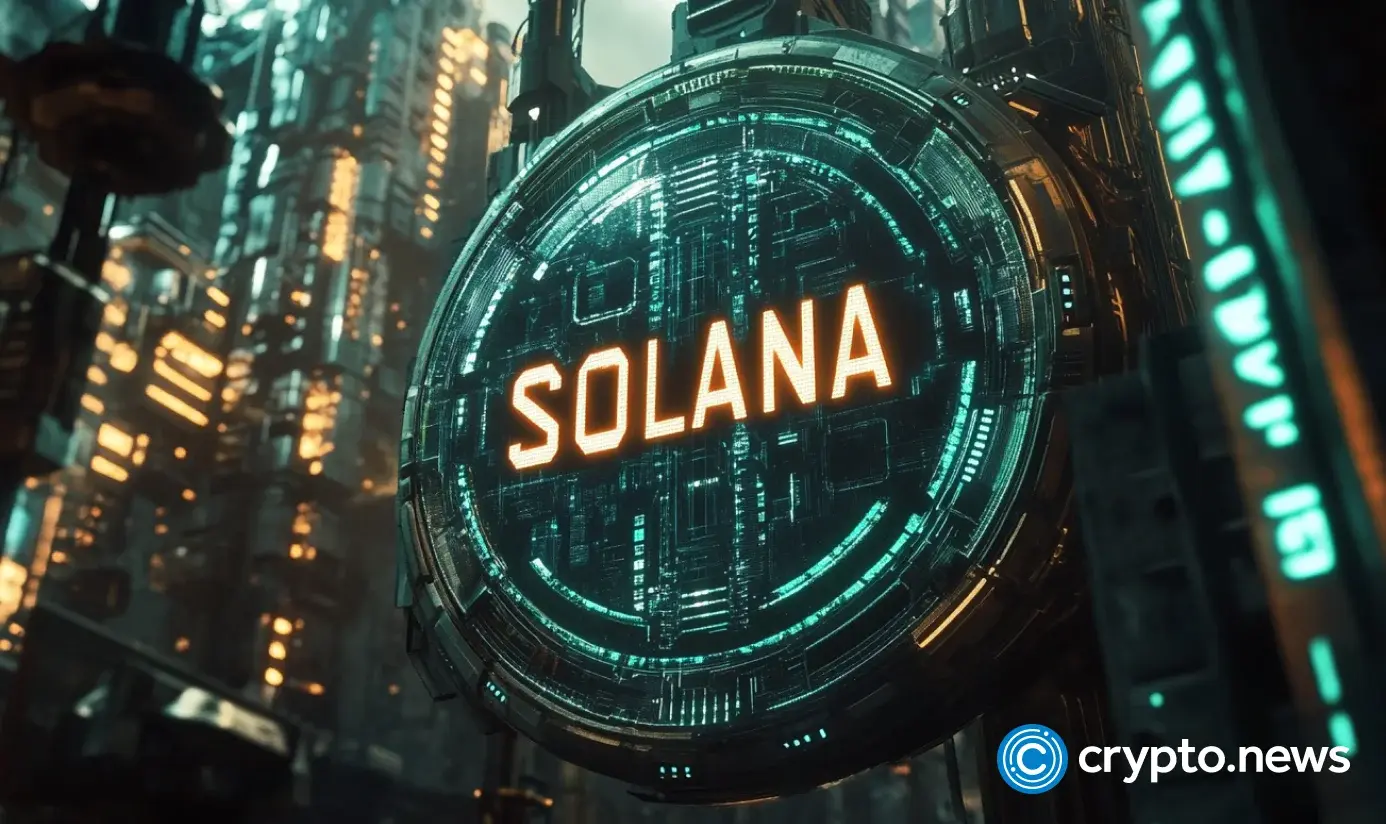Vietnam’s Crypto Pilot Receives No Applicants Amid High Barriers
TLDR
- Vietnam’s crypto pilot sees no applicants due to high capital and asset restrictions.
- High capital requirements of $379 million deter crypto companies in Vietnam.
- Vietnam bans stablecoins and tokenized securities, narrowing market appeal.
- Other Southeast Asian countries offer lighter capital requirements for crypto firms.
Vietnam’s Ministry of Finance has confirmed that no companies have applied to join the country’s five-year digital asset trading pilot. The news comes as the country’s crypto market continues to face strict regulations and high compliance barriers, deterring potential participants.
This lack of interest is seen despite growing global demand for regulated crypto markets. The pilot was initially launched with the hope of enabling regulated crypto services in Vietnam, but the stringent conditions required for participation seem to have stifled interest.
Stringent Capital and Product Restrictions
The biggest hurdle to participation in the pilot appears to be Vietnam’s steep capital requirements. To qualify, crypto asset service providers (CASPs) must have at least 10 trillion dong, or approximately $379 million, in capital. This is a requirement more commonly seen for traditional commercial banks, rather than crypto companies or startups.
In comparison, other Southeast Asian nations such as Singapore, Hong Kong, and Japan have established more accessible capital requirements, ranging from $1 million to $5 million. This disparity makes Vietnam less appealing to crypto firms looking to enter the regulated market. The heavy capital demands alone seem to have discouraged many companies from applying.
In addition to the high capital threshold, Vietnam’s pilot program also imposes restrictions on the types of assets that can be traded. For instance, the issuance of stablecoins and tokenized securities is prohibited. This move excludes popular assets like USDT, USDC, and other tokenized treasuries, which are rapidly growing segments in the global crypto market. As a result, the product offerings allowed under the pilot are limited, narrowing the potential market for both retail and institutional investors.
Global Demand for Stablecoins and Tokenized Securities
The restrictions on stablecoins and tokenized securities come at a time when these assets are gaining significant traction globally. According to recent data, the supply of fiat-backed stablecoins recently surpassed $300 billion, and transactions using stablecoins have totaled more than $15.6 trillion in the third quarter of 2025. Stablecoins such as Tether’s USDT and Circle’s USDC are among the leaders in this space, driving institutional interest in these digital assets.
Moreover, tokenized securities have also been on the rise, with assets like tokenized treasuries climbing above $8 billion. These developments show that institutions are increasingly looking to digital assets for better yield, faster settlement, and more efficient collateral management. However, the restrictions in Vietnam’s pilot program prevent companies from offering these high-demand products, which further limits the potential for market growth.
The Road Ahead for Vietnam’s Crypto Pilot
Despite the lack of applications so far, the Ministry of Finance is still hopeful that the pilot will begin in the near future. Deputy Minister Nguyen Duc Chi confirmed that the government is working to expedite the licensing process for eligible enterprises. The ministry is looking to have the first licensed participant begin operations before 2026, though this timeline depends on how well companies can meet the stringent requirements.
Chi added that the pilot program would only allow a maximum of five participants, emphasizing that meeting the necessary conditions is crucial for any company interested in joining. While Vietnam’s crypto pilot program could eventually help regulate digital asset markets, the current high barriers seem to have stifled early interest, with no companies stepping forward to participate so far.
The post Vietnam’s Crypto Pilot Receives No Applicants Amid High Barriers appeared first on CoinCentral.
También te puede interesar

Solana Company ramps up SOL treasury holdings to $525 million

DBS, Ripple, and Franklin launch tokenized loans 24/7 on XRPL
